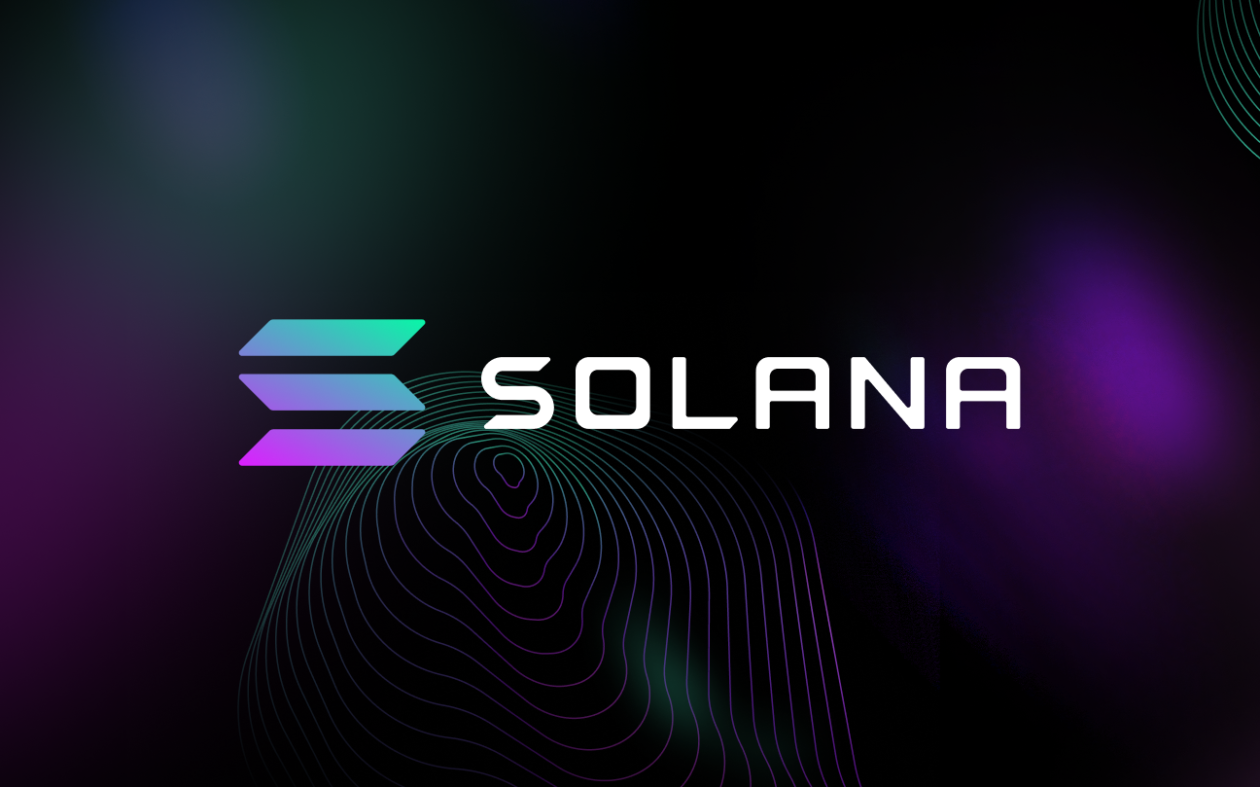|
Getting your Trinity Audio player ready...
|
Polygon Labs, the team behind the Polygon blockchain network, has announced a major upgrade to the network. The upgrade, called Polygon 2.0, will introduce a new token called POL, which will replace the existing MATIC token.
Polygon 2.0 is designed to improve the scalability, security, and decentralization of the Polygon network. The new POL token will be used to secure the network and incentivize validators.
The token migration from MATIC to POL will be a gradual process. MATIC holders will be able to swap their tokens for POL at a 1:1 ratio. The migration is expected to begin in the coming months.
Polygon 2.0 is a significant upgrade for the Polygon network. It is designed to make the network more scalable, secure, and decentralized. The introduction of the POL token will also help to improve the governance of the network.
Here are some of the key features of Polygon 2.0:
- Scalability: Polygon 2.0 will use a new scaling solution called ZK-rollups, which are more scalable and efficient than the current Plasma-based scaling solution.
- Security: Polygon 2.0 will use a new security model called Proof-of-Stake, which is more secure than the current Proof-of-Work model.
- Decentralization: Polygon 2.0 will be more decentralized than the current network, as it will rely on a larger number of validators.
The token migration from MATIC to POL is a necessary step in the evolution of the Polygon network. The new POL token will help to improve the governance of the network and ensure that it remains decentralized.
Polygon 2.0 is a major upgrade for the Polygon network. It is designed to make the network more scalable, secure, and decentralized. The introduction of the POL token will also help to improve the governance of the network.
The upgrade is expected to be completed in the coming months. In the meantime, Polygon Labs is encouraging users to start swapping their MATIC tokens for POL.
Polygon 2.0 is a significant development for the blockchain industry. It is one of the first major blockchain networks to transition to a ZK-rollup-based scaling solution. This could pave the way for other blockchain networks to adopt similar scaling solutions.
Also read: Grab Bets on Polygon to Make Crypto Payments Mainstream in Southeast Asia
The upgrade is also a major step forward for Polygon. It is designed to make the network more scalable, secure, and decentralized. This could make Polygon a more attractive platform for developers and users.
It remains to be seen how Polygon 2.0 will perform in the long term. However, it is a significant development that could have a major impact on the blockchain industry.tuneshareGoogle it
I’m the cryptocurrency guy who loves breaking down blockchain complexity into bite-sized nuggets anyone can digest. After spending 5+ years analyzing this space, I’ve got a knack for disentangling crypto conundrums and financial markets.




